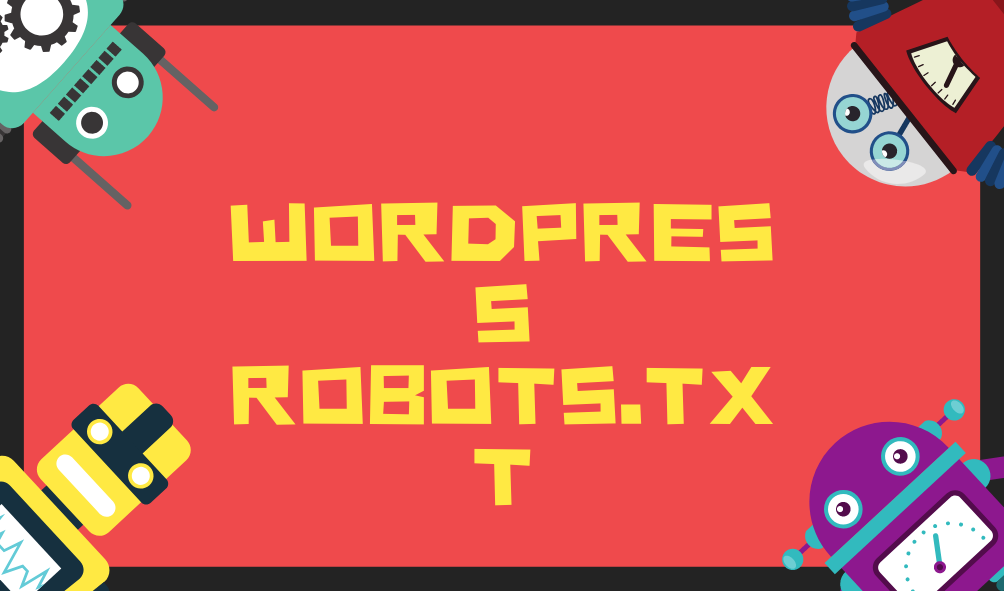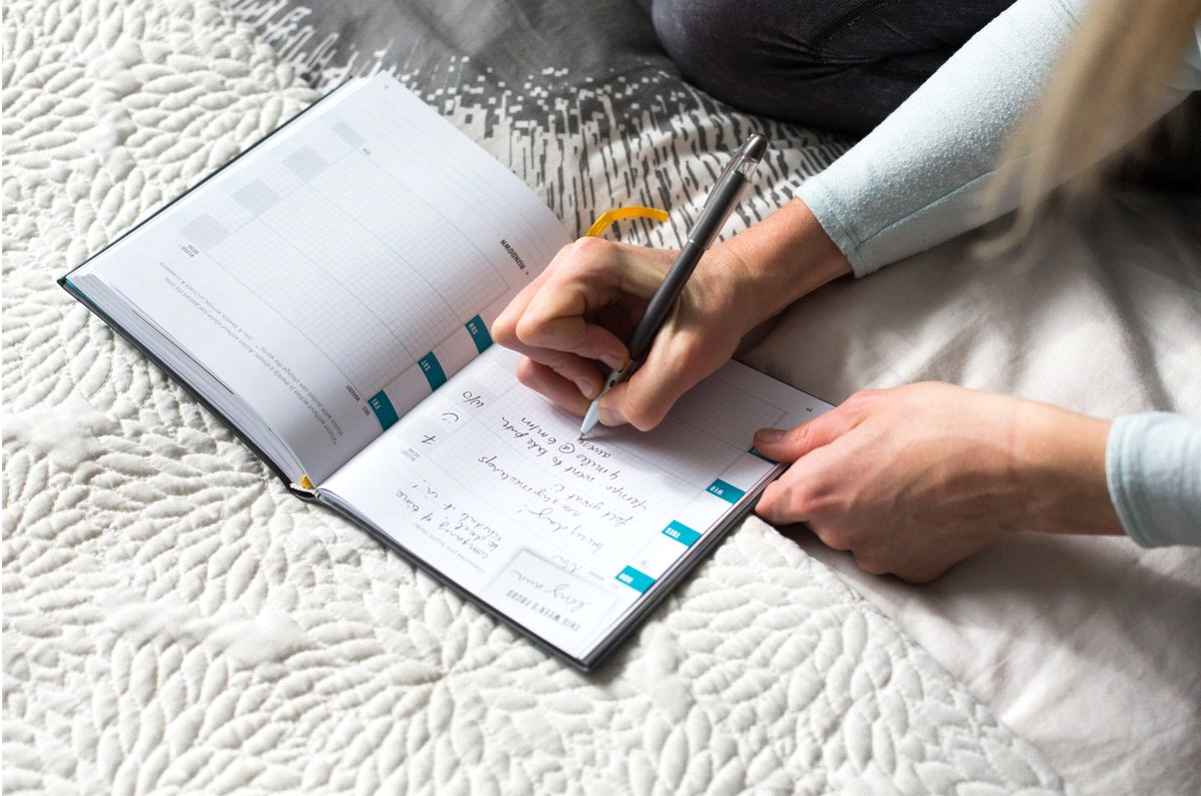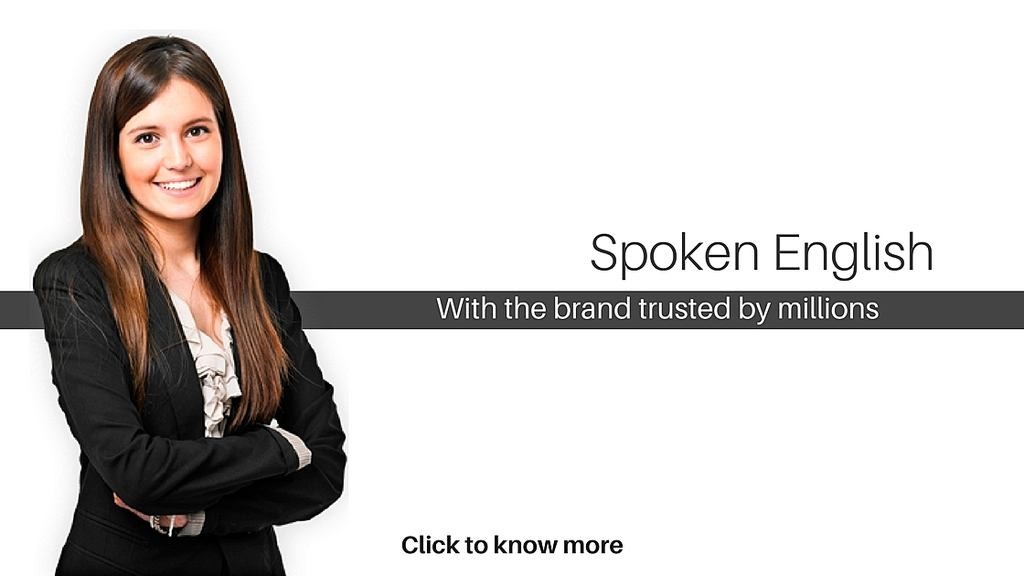10 Things You’re Forgetting to Do During an Interview

A successful interview does not come effortlessly. It doesn’t matter how prepared you might be for a job interview; it’s easy to make mistakes, especially when you’re nervous. By now, you’ve probably researched all there is to know about what not to do during your dream-job interview. While this might be valuable knowledge to have, there’s still something you’re overlooking. What is it that you forget to do during an interview? Read on to find out!
Here are the top 10 things you’re forgetting to do during an interview:
Table of Contents
Wear Appropriate Interview Attire
First impressions are critical when it comes to interviewing. It might seem shallow, but the way you look in these situations can make or break your likelihood of getting the job. Since 55% of first impressions are based on a person’s appearance, you must look the part for a future employer.
Although wearing appropriate, professional attire is not always necessary for less informal business interviews; it’s better that you look overdressed than underdressed. For men, a professional business look might include a suit, jacket, slacks, a button-down collared shirt, and a tie. For women, acceptable interview attire usually involves dress pants, a blouse or collared shirt, a modern dress, and a blazer.
No matter what attire you wear during your interview, it’s important to ensure it mimics your personal brand. It might seem challenging at first, but there is a way to find professional clothes that match your style, fit comfortably, and are not revealing. In your case your clothes aren’t doing it for you; accessories can help enhance or flatter your unique image.
Wearing a stylish watch, for example, can support your look and appear more thoughtful and punctual to others. Dressing in a way that aligns not only with who you are as a person but also the culture of a company, you’ll likely feel much more confident during your interview.
Appear Well-Groomed
Your physical appearance isn’t simply about wearing the appropriate interview attire, appearing well-groomed is equally as essential to making an excellent first impression. To convey yourself as the polished professional you are, you need to give yourself enough time to get ready beforehand. Proper grooming goes far beyond just showering and brushing your hair before you leave for an interview. It’s also about considering the hairstyle, the cut or shave, the products you use, and more.
If you’re unsure of where to begin with your grooming, start by examining your hair type and what you can do to improve your look within the timeframe of your interview. If you’re female who’s only looking to get rid of dandruff, for example, your grooming process might start just a few days before the big day.
On the other hand, if you’re a guy looking to stop a receding hairline, you will need a longer length of time to find a treatment that works for you and use it accordingly. Whatever your hair type may be, there will almost always be a complimentary hair solution for you. You just have to put in the effort and research to find it.
You wouldn’t think it, but a male’s grooming routine can sometimes be more extensive when they have facial hair involved. To reduce the risk of getting painful red razor burn, shave off your beard the next time you hop in the shower. Shaving in the shower gives you a constant flow of hot water and steam, which causes your pores to open up and your whisker hairs to soften.
As a result, your razor to glide smoothly across your face. Conversely, if shaving your beard before your interview isn’t in the question, then you have to take care of it correctly. Facial hair is not frowned upon during an interview as long as it looks well-kempt and you aren’t touching or twirling it. Luckily for men, there are a variety of products to maintain your beard. If your a guy who plans to keep their beard during your interview, think about using a beard balm, beard oil, aftershave, hair trimmers, or a beard wash and conditioner.
Arrive 10-15 Minutes Early
After you have been at the same job for a while, you generally won’t get penalized by your employer if you arrive a few minutes late every once in a while. With interviews, though, the consequences are much more detrimental to your career. Not being punctual to these events shows employers that you’re unconcerned about wasting their time and not serious about the position.
Too often do people lose track of time and end up having to rush out the door to get where they’re supposed to be, which can lead to stress and anxiety. As a person getting ready to be interviewed, it’s probably safe to assume that you’re already suffering from enough stress and anxiety as it is, so adding on to it by leaving later than you should will only make these feelings that much worse.
Unless there is a genuine reason that you are unable to show up to your interview on time, you should consistently plan to arrive at least 10-15 minutes early. There are several ways to avoid any delays before an interview. Setting your alarm 20 minutes earlier than usual, picking out your interview outfit the night before, and printing out the directions to your destination are all helpful ways to guarantee to refrain from being late. For additional tips, check out this article.
Turn Off Your Cell Phone
More often than not, there is usually someone at the movie theater who forgets to turn off their cell phone before the movie starts. How could they forget about turning off their phone? Don’t they care about anyone else’s movie experience?
Just like the cell phone policy at movie theatres, turning off your phone or putting it on silent is common courtesy during an interview. Even though this mistake has happened to all of us, it’s never a good feeling when you see someone looking in your direction and rolling their eyes. By nature, it’s pretty embarrassing. Now imagine you are interviewing for your dream job.
You’re halfway through explaining your previous professional experience when suddenly that distinctive “Ice Ice Baby” ringtone of yours starts to go off. Still, even if you and your interviewer(s) try to ignore it, there’s no overpowering that annoyingly catchy-tune. How much more awkward can it get? Moral of the story, interviews and cell phones don’t mix well so make sure to double-check that you’ve turned it off before you walk in.
Spit Out Your Gum
While you may have popped a fresh piece of mint gum in your mouth intending to alleviate your bad breath during the interview, chances are, you didn’t remember to spit it out before it got started. Chewing your gum throughout an interview is a big no-no as it’s thought to be both rude and distracting. You might not mean any harm by it, but your constant chewing is a clear sign to recruiters that you’re unprofessional and lack respect.
You want to assure you’re articulating who you are and why you’re fit for the job- having a wad of gum in your mouth does the complete opposite. So, before you step foot into the interview session, quickly escort yourself to the bathroom or another area where you can discreetly remove your gum. You don’t want to have your prospective employers catch you spitting out your gum, as it’s considered to be impolite.
Bring Hard Copies of Your Resume
Your resume is more than just a piece of paper that explains your past experience; it’s a tool for you as well. Forgetting to bring along a couple of hard resume copies to your interview is a missed opportunity for you because you won’t have anything to fall back on.
When our nerves get the best of us, it’s common for us to lose our train of thought or blank on an answer to an interview question. Fortunately, if you bring along your resume and pull it out during the interview, you can quickly redeem yourself. Your resume provides guidance; it allows you to reference specific talking points you might have otherwise failed to bring up.
Bringing hard copies of your resume also acts as a tool for the interviewer(s) as well. Regardless of the fact that it was more than likely the first thing an employer looked at before they chose to move forward with an interview, having your resume in hand gives them a better understanding of who you are and what you’ve done. Additionally, it also shows the employers that you’re seriously interested in the position. And finally, a hard copy resume leaves them with something to make you memorable, helping turn a first impression, into a lasting impression.
Relate Your Previous Professional Experiences to the Job Description
Every interview is different from another. Typically, the structure of an interview is dependent on the industry you’re pursuing, the company’s culture, the job you’ve applied, and more. Some interviews are held by one recruiter, others are held by three. Some interviews last up to 15 minutes, others might last up to an hour and a half. Whatever the case may be, it’s up to you to familiarize yourself with the company, the job position, and the setup of the interviews.
Glassdoor is a great way to gather insight from previous people who have been interviewed for the same position or by the same company. They’ll reveal useful information about their overall interview experience. Read about the names of people they spoke with, the questions they were asked, and the formality of the interview. These findings will help you choose the correct angle to take when you talk about your past experiences and relate them to the position you apply for.
Whether or not you have a ton of professional experiences that are relevant to the position you’re applying for should not be an area of concern. If you got an interview, obviously your prospective employers see something from your resume that’s eye-catching to them. That said, your job as a candidate is to demonstrate how your previous work will support your new role.
For instance, if you’re pursuing a career in sales, you can talk about the people skills you’ve practiced over the years. From working as a server to discussing your volunteer involvement, you can still frame your responses to show that establishing strong relationships with those you associate with.
Pay Attention to Your Nonverbal Cues
During an interview, your attention is mainly revolved around the interview questions you’re getting asked and how well you respond to them. Notwithstanding the significance of this, it’s imperative to also pay attention to your nonverbal cues and how you are communicating them to the interviewer(s).
Believe it or not, your nonverbal communication can sometimes reveal more than your words. During an interview, particularly, three nonverbal there are cues that take precedence: Your smile, your handshake, and your level of eye contact.
- Smile – Because you’re so focused on thoroughly answering the questions, it’s natural to forget to smile. However, smiling is necessary to disclose because it shows that you’re cool, calm, and confident. Smiling can also diffuse an interview mistake or a wrong answer. As long as you don’t overdo it, the more you expose your healthy, pearly whites, the more likely you’ll be seen as successful by prospective employers.
- Handshake – A strong, firm handshake can set the tone for your interview and the perception of your working abilities. How well you shake a person’s hand may even enhance how trusting and reliable you are to another person, according to research. So, next time you go to introduce yourself, make sure you’ve practiced perfecting the art of handshaking.
- Eye Contact – The level of eye contact you hold with someone speaks volumes about who you are and what you say. If more than one employee conducts your interview, be sure to look at each of them in the eye. Don’t gaze at anyone for too long though or you’ll end up coming off creepy. For best practice, keep eye contact for about three seconds at a time.
Ask Relevant Questions
At the end of most interviews, you’re frequently asked if you have any questions for the interviewer(s). You might think the tricky part of your interview is all over, but you’re wrong to believe this.
The questions, or lack of questions you ask during an interview is an underlying technique hiring managers use to evaluate how much you already know about the company and how passionate you are about getting the job. With this in mind, to adequately prepare for an interview, it’s recommended you prepare the questions you’d like to ask beforehand.
Write down at least three questions to ask just in case your question ends up getting answered earlier in the interview. Refrain from asking any questions related to the salary and benefits of the position you interviewed for. Those types of questions should be reserved until you’ve been given the job offer.The best questions to ask during an interview shouldn’t require a simple yes or no answer. They should be thought-provoking and suitable to ask.
Thank the Interviewer(s) for Their Time
When you’ve finished with the interviewing process, your biggest concern is generally about how well you did and when you will hear back from the company. Have you ever thought that your prospective employers might be thinking about the same thing?
Before and after you leave the interview, thank the interviewer(s) who took time out of their day to consider you as a future employee of their company. A recent study reported that a candidate’s willingness to let them know that you’re grateful for the interview experience heightens your chances of being offered the job.
So, before you walk out the door, indicate to them that you’re appreciative of the opportunity to interview with them. Then, wait at least a couple of days before you reach out again to thank them one last time. A sufficient thank-you message may be communicated verbally, online, or through a hand-written note. Whichever form it comes in, keep it short, simple, and sweet.
Being mindful of the 10 things you and so many others are forgetting to do during an interview will aid in your prosperity next time you sit down with your prospective employers. Don’t worry too much about everything flawlessly during an interview. If you end up making a mistake, do what you can to recover and try and smile through your errors.
Above anything else, the best thing you can do is just be real with the interviewers. Trying to pretend that your phone isn’t going or that you didn’t mess up the answer you intended to is silly. Owning up and apologizing for your something you know wasn’t right, shows accountability. Remember that your interviewer(s) were in your seat once too!





